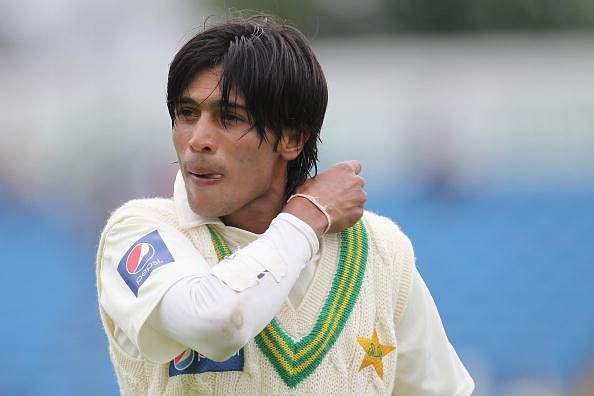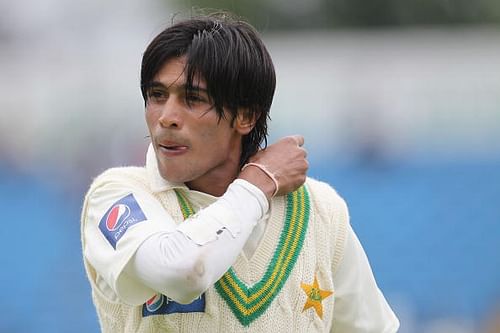
Mohammad Amir's return to domestic action imminent

Pakistan speedster Mohammad Amir, who was banned, along with Salman Butt and Mohammad Asif, by the International Cricket Council (ICC) in 2011, might soon return to domestic action as the ICC is considering making some changes to its anti-corruption code. The proposed changes will enable all banned players to feature in domestic cricket before the expiry of their suspension. The game’s governing body is due to sit for a two day meeting starting on Sunday, reported NDTV.
"The ICC Board will discuss the recommendations from the executive committee, including in respect of a revised anti-corruption code and a revised ICC anti-doping code," an ICC statement read.
Can play domestic cricket before the completion of ban
The reccomendations being approved should only be a matter of formality as, according to sources, the ICC chief executives' committee has already passed the new provision and directed the full board to do the same.
This should come as a huge boost to the players currently banned, none more so than Mohammad Amir, who was handed out a 5-year ban after being found guilty of spot-fixing during the 2010 Lord’s Test against England. Butt and Asif, meanwhile, were slapped with 10-year and 7-year bans, respectively.
"There is a provision now in the revised code which will allow a player who has been banned internationally to play domestic cricket for a certain period from his ban coming to an end," said David Richardson, the ICC cheif executive, without mentioning the length of the period.
It can be recalled that a five-member committee was formed to evaluate the Pakistan Cricket Board’s (PCB) request for a relaxation in rules for Amir. Once the revised code is ratified, Amir can file an appeal to the ICC to be allowed to play domestic cricket.
The PCB is expected to file an appeal for Amir alone, thereby leaving Butt and Asif to fend for themselves.
When such a request is filed, the ICC will seek recommendations from its Anti-Corruption and Security Unit (ACSU) as well as the home board concerned and the ICC board before making a final call.